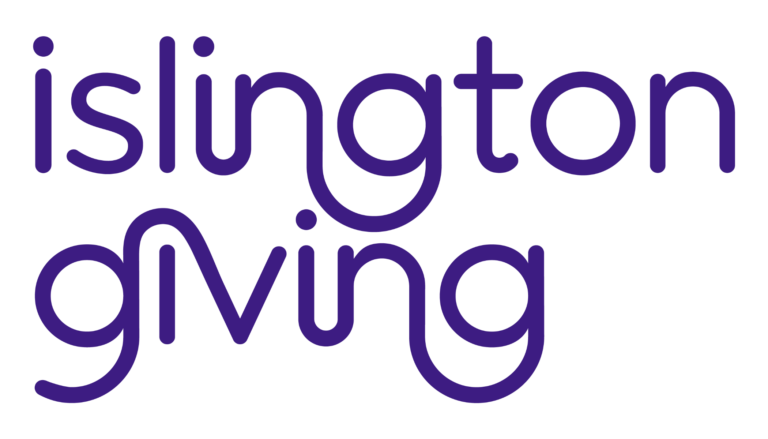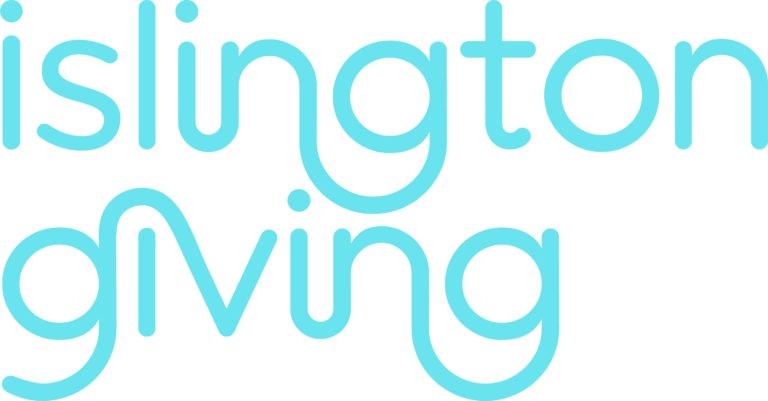The Value of Local: Exploring Place-Based Approaches to CSR and Philanthropy
Panel discussion delving into the benefits, challenges, and best practices of adopting a place-based approach to corporate social responsibility (CSR) and philanthropy.
The Value of Local
On October 10th 2024, Linklaters generously hosted a discussion with representatives from Islington Giving, the BIG Alliance, ELBA and the Macquarie Foundation focusing on local strategies for corporate giving and charity support. This rich dialogue provided valuable insights that we want to share more widely, empowering more businesses to “know your place” (in the words of one of our speakers and long-term partners) and enhance the credibility of CSR and philanthropic strategies through partnerships with local experts.
For more details and insights, click the links below.
Saboohi Bukhari, Director of the Place Based Giving Resource Hub at London Funders highlighted the transformative impact of place-based giving. Key points included:
Community Identity: The significance of place is integral to the identity of local residents. From local projects and support groups to market traders and community hubs, these elements shape experiences and foster connections.
Community Champions: Local leaders are vital to community cohesion, particularly in disadvantaged areas. Place-based giving schemes are designed to empower, support, and fund these community champions.
Building Social Capital: At the heart of place-based giving is the cultivation of meaningful relationships that enhance social impact. By uniting people towards a common purpose, we can create a fairer, more inclusive environment for all.
During the broader panel discussion, Matt Sparkes – Linklaters, Rachel Engel – Macquarie Foundation, and Julie Hutchinson – ELBA, joined Sarah Benioff – Islington Giving, to discuss pressing questions regarding social impact agendas, how and why to priortise place in their CSR strategies, and how partnership working can be the key to driving real change.
Who should be driving our social impact agendas, and what are the roles of various stakeholders?
Corporate Responsibility: The role of businesses in civil society is often misunderstood. Companies play a key role and must leverage their resources and expertise to shape positive changes in local environments.
Listening to the experts: Community leaders and the people living in a place with experience of the thematic issues we are trying to address are the experts. Their insights and knowledge should be driving our approaches to addressing need.
Collaboration is Key: Successful social impact initiatives require collaboration among community leaders, businesses, and the social impact sector. A collective understanding of community needs among businesses, civil society, and public institutions is crucial. Using place-based initiatives like local giving schemes, community foundations and volunteering brokers like ELBA and The BIG Alliance can really help that collaboration and understanding.
Why and how do Linklaters, Macquarie Group and ELBA prioritise place when thematic approaches tend to take priority in CSR strategies?
Credibility through Local Engagement: A place-based strategy enhances the authenticity of your CSR or giving efforts. It allows for measurable impact and fosters long-term, meaningful partnerships with the community.
Tangible Outcomes: When businesses engage locally, employees can witness the positive effects of their efforts and actively participate in corporate volunteering initiatives. Building relationships within the community creates lasting change.
Holistic Approaches: Addressing interconnected global issues through a place-based lens enables a more comprehensive strategy, benefiting a wider range of community members.
Why is collaboration with the community and other businesses important and how do you achieve this?
Knowledge Sharing: In order to address the complex issues communities face, a collective understanding of community needs among businesses, civil society, and public institutions is crucial. Collaborating with local experts—such as community leaders and advice charities— ensures efforts are effectively targeted.
Leveraging Existing Efforts: There are already individuals and organizations addressing community needs. By partnering with businesses and local community experts, we can coordinate efforts and maximize resources.
Expert Guidance: It is crucial to engage with local organisations like Islington Giving and The BIG Alliance, which possess deep knowledge of community needs. These partnerships allow for strategic resource pooling and effective approaches across various community groups.
Building a Corporate Volunteering Ecosystem: The Macquarie Foundation, (one of Islington Giving’s long-term partners) has significantly contributed to establishing a thriving corporate volunteering infrastructure in Islington, fostering collaboration among city-based companies and enabling impactful volunteer opportunities.
Saboohi Bukhari is Director of the Place Based Giving Resource Hub at London Funders [londonfunders.org.uk]. She brings 25 years’ experience of place-based work in the third sector working directly with disadvantaged care groups and excluded and underserved communities across London. Previously, she incubated and led a user-led social enterprise as the subsidiary company of The Advocacy Project and was Head of Social Innovation Lab at TSIP, where she led a community co-designed funding model, The Giving Lab [tsip.co.uk]. Saboohi also manages an overseas charitable trust.
Matt Sparkes leads Linklaters [linklaters.com]’ work on responsible business globally, ensuring that its own ESG performance reflects both a wide range of stakeholder expectations and the advice provided to clients on many related themes. He is active in a range of sustainability networks including as co-chair of the Legal Sustainability Alliance and as chair of Business for Societal Impact. He is also a Board Member of the UNGC-UK Network, Vice-Chair of the Living Wage Foundation and, in his spare time, was until recently proud to act as chair of an east London employability charity.
Rachel Engel is Head of the Macquarie Group Foundation [macquarie.com] in EMEA, managing the grants programme employee engagement across 13+ offices and the UK social impact investment (Redemption Roasters). Globally, Rachel leads the Macquarie Shared Value workstream, supports the Macquarie 50th Anniversary Award programme, and a DEI focused project around how Macquarie Group Foundation can become a more equitable funder. She was a founder member of Pride@Macquarie in EMEA, and in 2022 Macquarie was awarded #1 in the Stonewall Employer Equality Index. Rachel began her career in the arts and has spent the past 25 years working in various roles in both the charity and corporate sectors. She is Vice Chair of the arts and homelessness charity Streetwise Opera and a trustee of the Sudborough Foundation.
Julie Hutchinson is the Chief Executive of ELBA [elba-1.org.uk], a multi-award-winning charity founded in 1989. Supported by a network of over 100 corporations, primarily FTSE 250 companies and regional stakeholders, ELBA works to tackle disadvantage, poverty, and inequality. She also serves as Managing Director of London Works, ELBA’s specialist equity and inclusion agency. With over 25-years’ experience in social impact, place-based economic regeneration and corporate social responsibility, Julie has been a strong advocate for recognising the economic and social value of equity and fairness.
Sarah Benioff is Chief Executive of Cripplegate Foundation [cripplegate.org] and Islington Giving [islingtongiving.org.uk], where she oversees all aspects of the organisations’ running. She previously worked as a civil servant focusing on community related policy, as well as setting up and running voluntary and community sector projects and organisations for many years prior. Sarah is a long-term Islington resident and local volunteer and has been a big fan of the area since she moved here from New York many years ago.
Want to get involved?
Islington Giving is continuing to build on our work to shift power into the hands of local people, one of the key elements of our place-based work in Islington. We are excited to be working with The BIG Alliance on the next iteration of our flagship Young Grant Makers (YGM) programme.
By empowering young people to directly shape the activities and projects on offer locally, alongside providing mentoring and skills-based workshops from corporate partners, together we can build on the success and impact of the YGM programme and further improve life chances for young people.
In our experience, by pooling funds we can have a greater social impact and reduce any risks for the organisations involved. It also provides a space and opportunity for all partners to share and learn from each other and the process.
Watch our video about the impact of YGM and mentoring:
Get in touch!
 If you would like to join the movement to put power into the hands of young people, or want to hear more about how Islington Giving or The BIG Alliance could support your local social impact aims, please contact: isobel.miller@islingtongiving.org.uk
If you would like to join the movement to put power into the hands of young people, or want to hear more about how Islington Giving or The BIG Alliance could support your local social impact aims, please contact: isobel.miller@islingtongiving.org.uk

